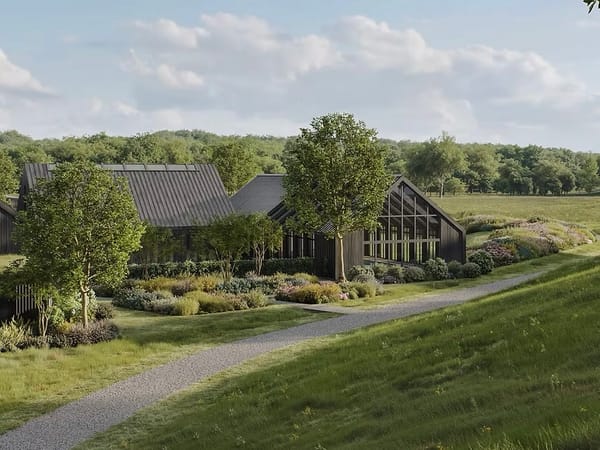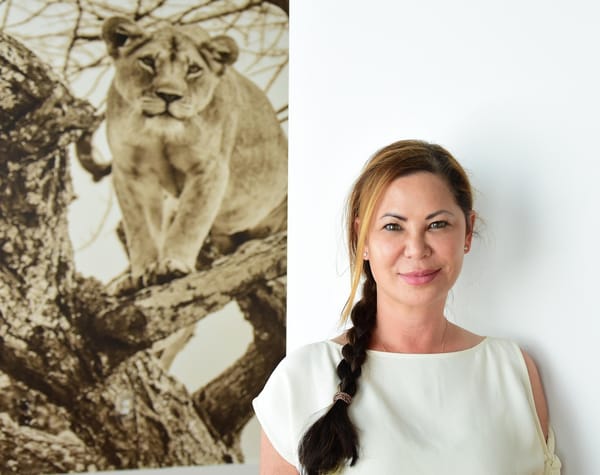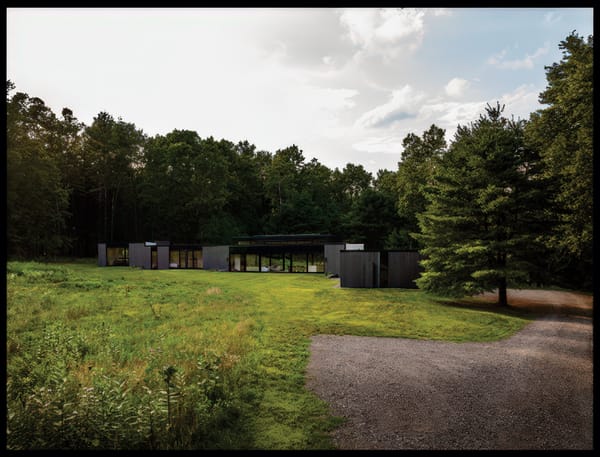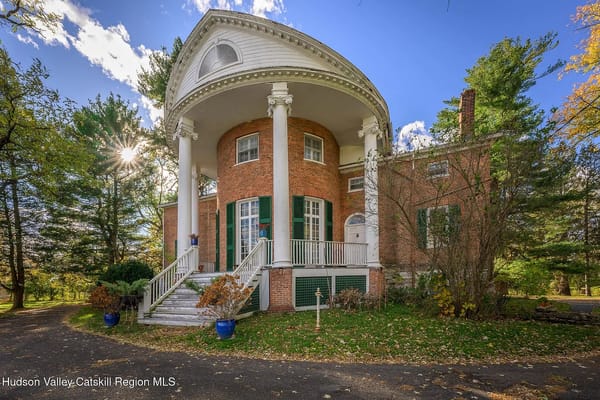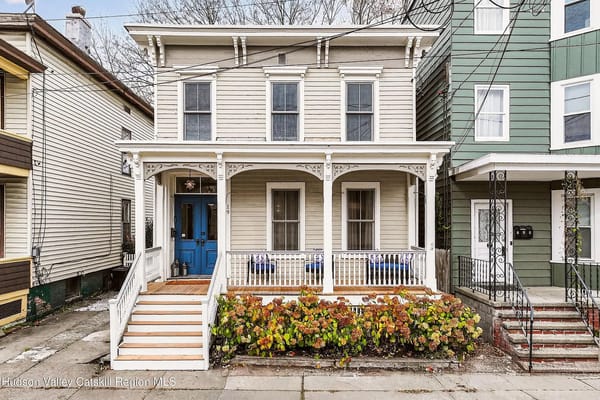Thank goodness the Third World has Doctors Without Borders. And thank goodness our prosperous corner of the richest nation on earth has Volunteers in Medicine Berkshires. Founded in 2004 by Leonard Simon, a former business professor turned banker, now retired, and his wife Marion (below), of Monterey, VIM Berkshires, a free clinic, is the primary care provider for 1,000 patients in the greater Berkshires region, including nearby Connecticut and New York State towns. Unlike the stereotypical free clinic (plastic chairs in a church basement), the VIM facility, situated across from Guido’s on Route 7 in Great Barrington, could pass for a private doctor’s office. In addition to the usual private examining rooms, it has two dental examining rooms, a mental health counseling room, and an optometric examining room.
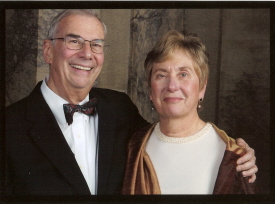
On September 6th, Volunteers in Medicine Berkshires will host its 3rd annual Monte Carlo Night, at the Lenox Club. Last year the event, which includes dining, dancing, a silent auction, and, of course, gaming, raised approximately 15% of the organization’s operating budget. Rural Intelligence encourages one and all to join us there in support of this worthy cause, which we asked co-founder Leonard Simon, who serves as its Treasurer, to explain to us. Rural Intelligence: Who qualifies for free care at Volunteers in Medicine? Leonard Simon: It’s based on income. Anyone who earns less than the Federal Poverty Guideline [for an individual, $10,400; a family of four, $21,200] is entitled to free Medicare—they don't come to us. We take the next couple of tiers—for medical, we take patients whose earnings are between 100% and 300% of the FPG. For dentistry, we have a slightly lower ceiling--only up to 200% of FPG because so few people have dental insurance, the demand would be overwhelming. R.I.: How has Massachusetts model health care legislation impacted VIM? Wasn’t this reform designed to put a free clinic like yours out of business? L.S.: I wish it would, but in fact, we’re as busy as ever. Under Commonwealth Care, employers can pay a penalty to opt out of the program; companies with fewer than 10 employees may opt out without penalty. And employees may opt out, and many do out of necessity. The monthly premium for Commonwealth Care for a family of four at 200% of the FPG is $300. That’s a lot less than private insurance, but if you’re only making $3500 a month, it’s 8.5% of your income. So, many low-income workers opt to pay a penalty instead and continue showing up in the emergency room or at a place like VIM. R.I.: What happens to all those penalties? L.S.: They help fund Mass Health and other state programs for people whose income is below the FPG.
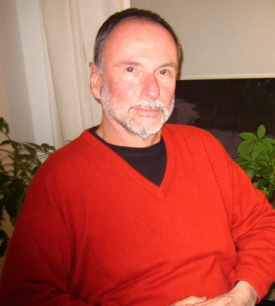
R.I.: Who staffs VIM? L.S.: VIM is all volunteers, and we’re always looking for more. Most of the doctors are retirees. They’ll give us, say, 3 days a month. Now, we can’t say to Retired Dr. X, you’ve got to give us 6 days, because he’ll tell us that the point of retirement is free time. For us to see more patients, we need to recruit more doctors. Dr. Matt Mandel (right), co–medical director [with Dr. Jeff Blake], spends much of his time on recruitment. R.I.: How does he persuade doctors to work for free? L.S.: It’s very satisfying work at VIM. Remember, it’s privately funded—no HMO or insurance company or government oversight agency dictates how we practice. If one of our doctors wants to take an hour to examine a patient, that’s his prerogative. They love it. One doctor told us, “Here I get to practice medicine the way I thought I was going to when I went to medical school.” They get to practice preventive care, and to give whatever treatment they deem necessary. A dentist told me, “I love working here. The patients are so grateful, and I get to do an analysis and present a plan for how to restore this person’s mouth without having to worry if he or she can afford it.” R.I.: What a luxury for the patient, as well! Medical, dental, mental health, pharmaceuticals, everything in one place, and it’s all free. L.S.: Actually, we’re only the front line. Medicine isn’t one-stop shopping anymore. We send patients to specialists and facilities as far away as U Mass Worcester for free specialized care. We’ve worked very hard to build this network. R.I.: So what's the upshot with Commonwealth Care and Mass Care; is it the panacea we hoped for? L.S.: We are getting more people insured, which is excellent, but for another reason, in this region, at least, they are not getting the health care they need promptly. Berkshire County has a shortage of primary care physicians. To serve the population, we need 71 more doctors. At VIM, we have 30 patients who are eligible for Commonwealth Care, but who can’t find a doctor, because the doctors here cannot take on any more patients. So for some obtaining health insurance has been like giving hungry people cash and sending them into a supermarket that has nothing on the shelves—at least at this stage.

